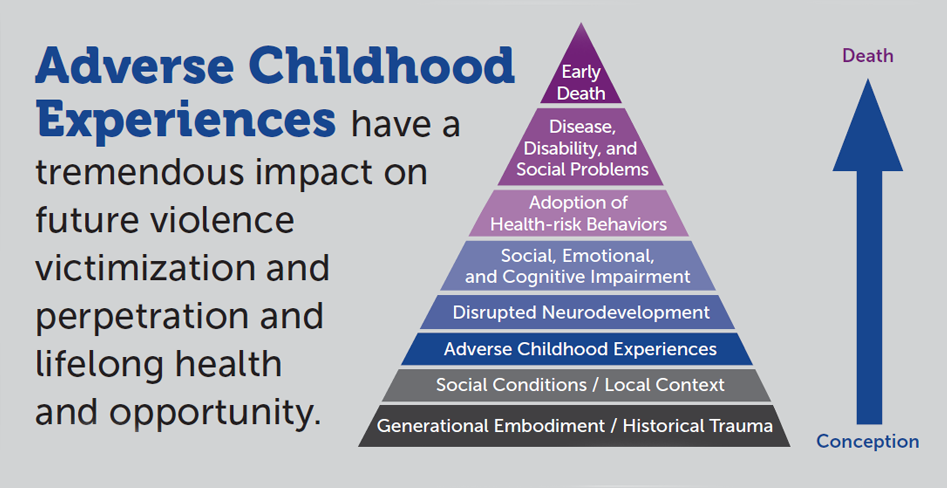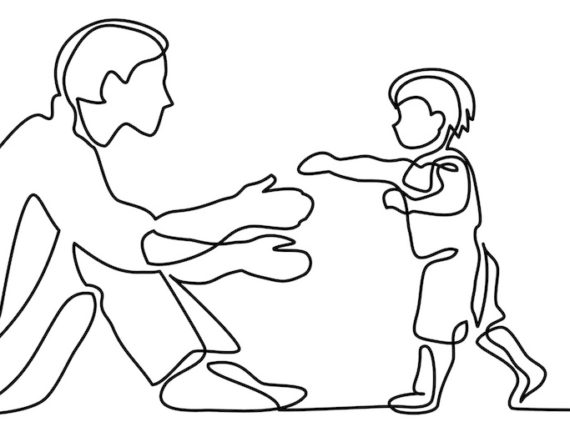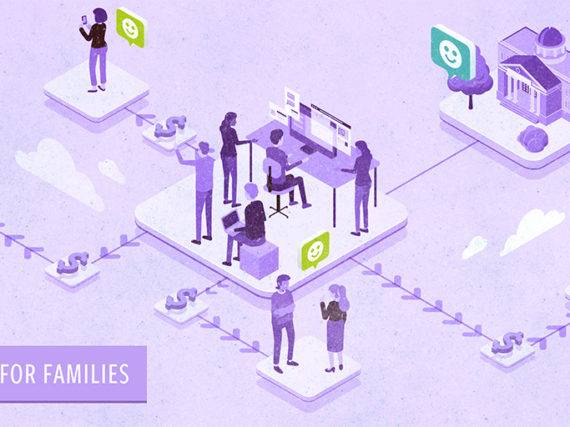APHSA’s National Health and Human Services (HHS) Summit looks at issues and innovations in the HHS community. This year’s conference, May 19-22 in Arlington, Virginia, hosts sessions relating to policy and practice solutions for children, family, and community well-being.
Of particular interest to us this year are breakout sessions on the following topics:
- Child Support
- Child Welfare
- Healthy Families
In preparation, we decided to dig up additional info on these topics and presenters.
Child Support
The Office of Child Support Enforcement (OCSE) estimates that $10 billion in child support is not collected annually, CBS News reports.
The challenge is that the majority of separated couples do not have a custodial order governing who will pay for the kids, according to the Census Bureau. Less than half of custodial parents, 45.6 percent, receive full child support payments, and some of these families fall into poverty as a result.
The Title IV-D program requires that states set up systems to ensure child support is paid. However, many of the systems do not encourage easy compliance. When parents default, the worst is assumed and enforcements and punishments are instated, while it may be that the parent was not able to figure out the actions required of them.
In the session “Findings, Lessons, and Looking Ahead: Behavioral Interventions for Child Support Services” presenters will discuss the ways that behavioral science can make child support compliance easier.
Presenter Yana Kusayeva is the MDRC project manager for the Behavioral Interventions for Child Support Services (BICS) project. BICS researched ways to increase program efficiency by developing behaviorally-informed interventions. In one example, they looked at how to encourage noncustodial parents to accept legal child support documents voluntarily, without having to be served. The benefits for the parent include reduced fees and more control over the outcome, and the program saw better efficiency and reduced costs.
Panelists will discuss this and other efforts to integrate behavioral economics into their programs.
Monday, May 20th, 2019 | 3:00 PM – 4:15 PM: Breakout
Findings, Lessons, and Looking Ahead: Behavioral Interventions for Child Support Services
- Yana Kusayeva, Research Associate, MDRC
- Alix Haik-Bruno, Child Support Program Planner, Sacramento County, California Department of Child Support Services
- Dee Wallace, Project Director, Texas Start Smart, The Office of the Attorney General of Texas Family Initiatives Division
- Gretchen Lehman, Child Support Program Specialist, Office of Child Support Enforcement Administration for Children and Families, U.S. Department of Health and Human Services
Child Welfare
At least one in seven children have experienced child abuse and/or neglect in the past year, according to the CDC, and this is likely a low estimate. During 2015, approximately 683,000 children were confirmed as victims of maltreatment. The following graphic from CDC details the consequences, which include illness, cognitive problems, and early death.

Not only is abuse unjust and unfair to children, it is costly to treat. In the United States, the total lifetime economic burden associated with child abuse and neglect was approximately $124 billion in 2008.
To help combat issues of neglect, family dis-unity, and children at risk, the public child welfare system operates at the federal, state, and local levels to provide services and support systems to ensure that children live in stable environments that support their well-being.
In their Child Welfare Outcomes Report, the Children’s Bureau outlined the important performance objectives for child welfare practice. As part of these efforts, states and the federal government spend about $25 billion annually on child welfare services, according to the National Conference of State Legislatures.
Presenter Jamie Sorenson is president of the National Association of Public Child Welfare Administrators, representing public child welfare agencies and providing leadership for the development of sound policy in the effort to impact child welfare practices.
Sorenson will be speaking about how a safety culture can enable well trained and supported staff to provide more comprehensive services and be more responsive to children and their families. A safety culture can help to ensure that the needs of children are being met by caseworkers and funding is being used appropriately to help children.
“One of the things in child welfare that can be disheartening is worker turnover,” says Commissioner Bonnie Hommrich of the Tennessee Department of Children’s Services in an interview with the Casey Family Foundation. Creating “open communication based on trust, a nonpunitive approach to event reporting and analysis, and a commitment to being a learning organization can support a decrease in caseworker turnover.”
Monday, May 20th, 2019 | 10:30 AM – 11:45 AM: Breakout
Creating a Safety Culture in Child Welfare
- Jamie Sorenson, Director, Child Safety and Permanency Division, MN Department of Human Services
- Scott Modell, Founder, Collaborative Safety, LLC
- Noel Hengelbrok, Founder, Collaborative Safety, LLC
- Kelly Knutson, Continuous Quailty Improvement Supervisor, MN Dept of Human Services
Healthy Families
The Whole Family Approach (Approach) targets working families that are living from paycheck to paycheck, also called Asset Limited Income Constricted Employed (ALICE) families. For many, an extra expense such as an illness or home repair can mean other bills go unpaid, which can lead to a crisis and decline.
“Traditional measures of poverty do not capture the magnitude of people who are struggling financially,” the United Way’s United for ALICE site explains. “When funds run short, [ALICE] households are forced to make impossible choices, such as deciding between quality child care or paying the rent, filling a prescription or fixing the car.”
The Pascale Sykes Foundation advocates the Whole Family Approach as a prevention- rather than crisis-driven means to help ALICE families set goals, and work together to accomplish them. The families are supported by government and nonprofit organizations that collaborate to help the families succeed.
Presenter Frances Sykes, president of the Pascale Sykes Foundation, has worked with the foundation since 1992 to promote the independence, integrity, and well-being of working low-income families.
Sykes will discuss tenants and examples of the Whole Family Approach and the strategies involved, including intense family coaching and community-based coaching. Panelists will share further experiences with the Approach.
Tuesday, May 21st, 2019 | 3:00 PM – 4:15 PM: Breakout
Delivering Results for Family Mentoring and Community Building with the Whole Family Approach
- Jackie Edwards, Vice President of Strategic Engagement, Pascale Sykes Foundation
- Riccina Cabezas, Senior Family Advocate, Family Strengthening Network
- Shannon St. Clair, Community Builder, Holly City Development Corporation
- Ross Whiting, Director, Research and Evaluation, The Walter Rand Institute for Public Affairs
Summary
GovWebworks works with clients around the country in the areas of child support (Idaho Child Support), case management (Employment and Training System), and portals that help families prosper (Live Better Idaho).
Stay tuned for a report from the floor on what we’ve learned from these sessions. And come visit us at the GovWebworks table.
Learn more
- Child Welfare Needs the Right Tools: How New York is leading the way with new tech, data, and services by Ravi Jackson
- Support for Changing Families: Why modernizing the IV-D child support system protects children, alleviates poverty, and reduces the strain on government by Tom Lovering
- Contact us if you want to learn more







